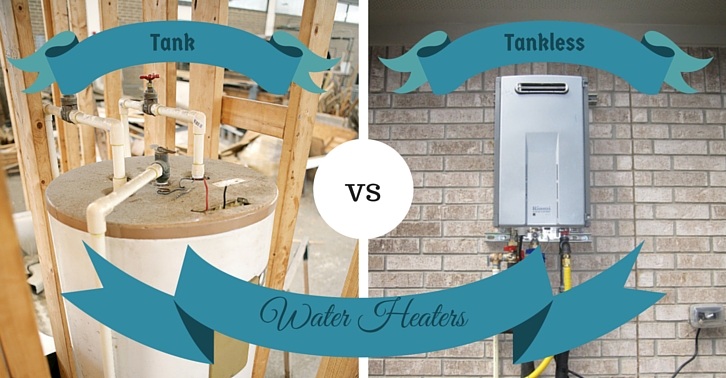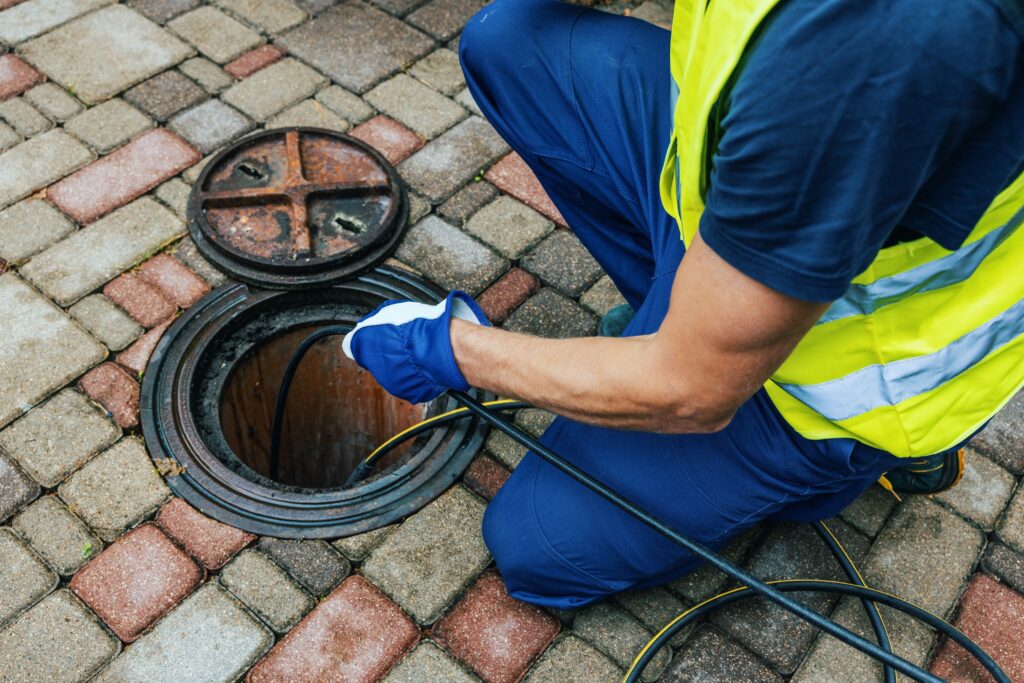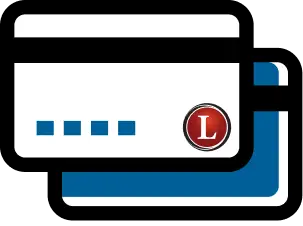
Water heaters are bulky, can be extremely noisy from time to time, and are otherwise forgotten until they stop working and we’re greeted with a stream of ice-cold water. These wonderful machines improve sanitation by giving us hot water for cleaning and increase comfort for relaxing baths and cleansing showers. But they can also cost us quite a bit when it comes time to pay for the utilities used every month. That’s the price of on-demand hot water comfort. Or is it really? Depending on your situation, switching to a tankless system can reduce your costs without removing the luxury of ready-to-use hot water.
How Water Heaters Work
Your standard water heater does one job, regardless of what heating system it uses: Fill a large tank with water and keep it heated. Tank water heaters use an electrical heating element or a boiler (typically natural gas or propane) to raise the temperature of the water and store it for future use. Unfortunately, this means that your water is being reheated when not in use to make sure that it’s already hot when you call for it. This on-and-off heating is a direct drain on your electric bill or, in the case of a propane boiler, a regular drain on your gas reserves.
To contrast this, tankless systems heat the water as it’s used. There’s a delay on the delivery of hot water for a short time (depending on the quality of your system) but energy is only being expended when your hot water is actually being used.
Compare the Benefits
Water Volume – The two types of water heaters are affected by different limitations that translate into the total amount of hot water. For tank-based water heaters, this is the physical volume of water contained in the tank. The tank itself has a reserve of preheated water, as long as the demand doesn’t exceed the tank’s ability to heat water for too long you won’t run out of hot water. The tankless heater is not limited by availability (there is no storage tank) but by flow rate alone. Water is heated as it’s needed so there is no tank to deplete, but if too many destinations demand hot water, it can exceed the heater’s ability to product hot water. In short, tank heaters are limited by available hot water while tankless heaters are limited by flow rate.
Availability – How readily available is your hot water. With a tank heater, so long as the heater has been running and the tank is full, hot water will start flowing. Tankless water heaters can take a few minutes to warm up since the heating elements need to detect water flow first and then the water has to warm. It takes less time than waiting for a tank heater to warm the water, but it isn’t as immediate as pre-filled tank of hot water.
Energy Cost – As previously mentioned, tank based water heaters run regularly to keep water. This puts a heavy demand on your energy reserves, especially during colder months. Many homeowners have found that running an electrical water heater can cost as much as $30-40 per month. Gas heaters, while less efficient, cost less to run due to the price of gas being lower than that (on average) than electrical. By simple virtue of spending less time operating, tankless water heaters consume less energy overall than tank water heaters.
You Decide
So which system is right for you? If you’re willing to wait a short while for hot water, the tankless system can reduce the amount you pay in electricity or gas each month, though you may see a small increase in the amount of money spent on water while you wait for the water to warm. On the other hand, if you run multiple appliances which demand water all at the same time, you’ll either need a tank-based system just to meet the demand, or you’ll want to invest in multiple tankless water heaters to heat different water systems. If you’re looking for a good balance between the two, then a gas water heater is the way to go. Gas heaters cost less to run than electric tanks while having a more readily available supply of water than tankless water heaters. If you can’t decide, just call us and we can work with you to find what’s best for your home based on water usage and size. That way you’re sure to get the highest luxury for the cheapest price.
If you spot any signs of trouble in any of the pipes in your home, contact the professionals at Larry & Sons at (301) 733-5428. Our Frederick, MD plumbing experts are available 24/7 to assist you, and we won’t rest until the issue is properly dealt with.
Check out our maintenance plan; we provide fall and spring HVAC tune-ups, 15% off all HVAC and plumbing repairs, and much more!
Follow us on Facebook, Twitter, and Google+ for more useful information and how-to’s.






